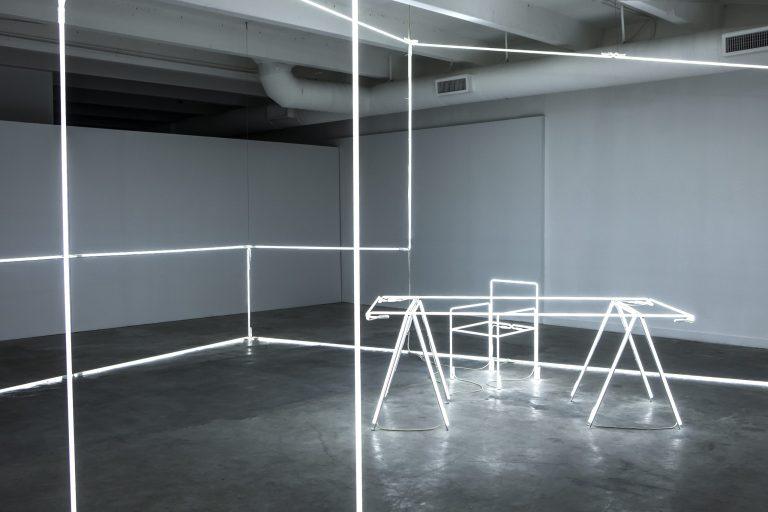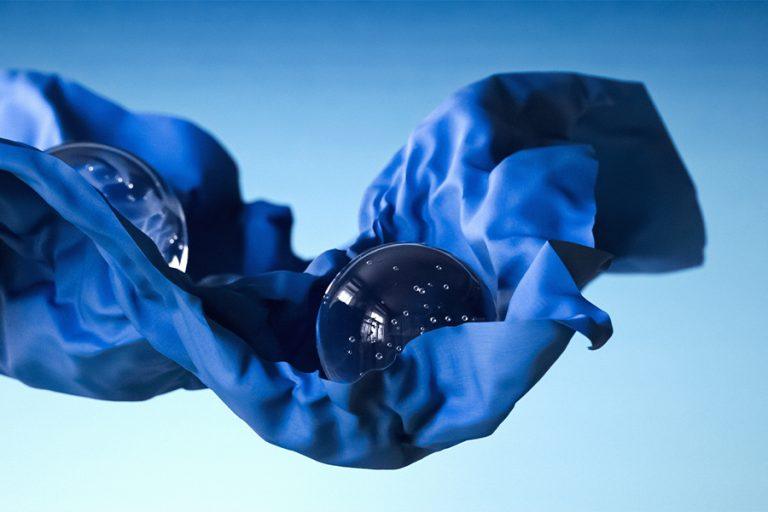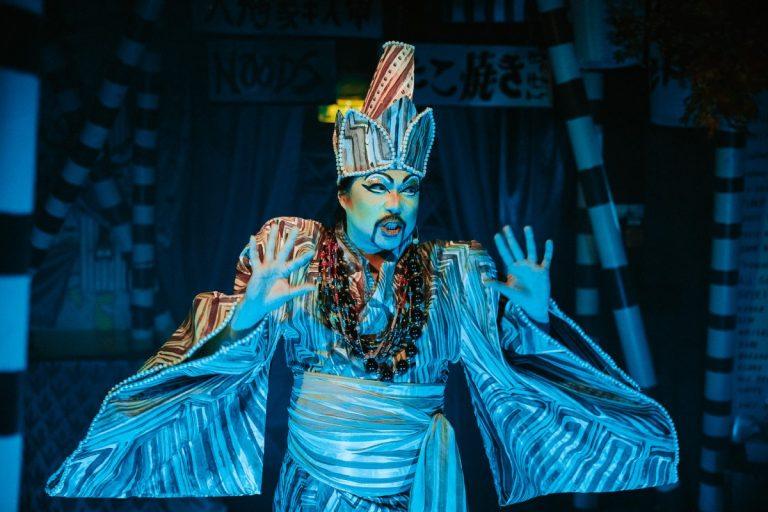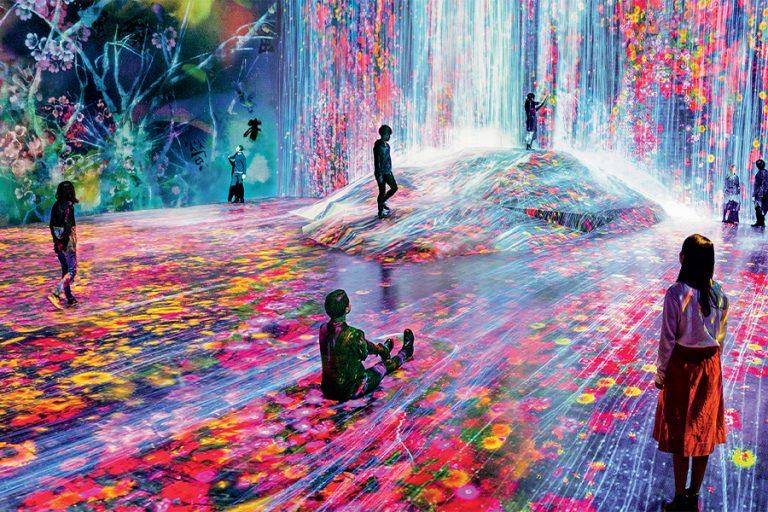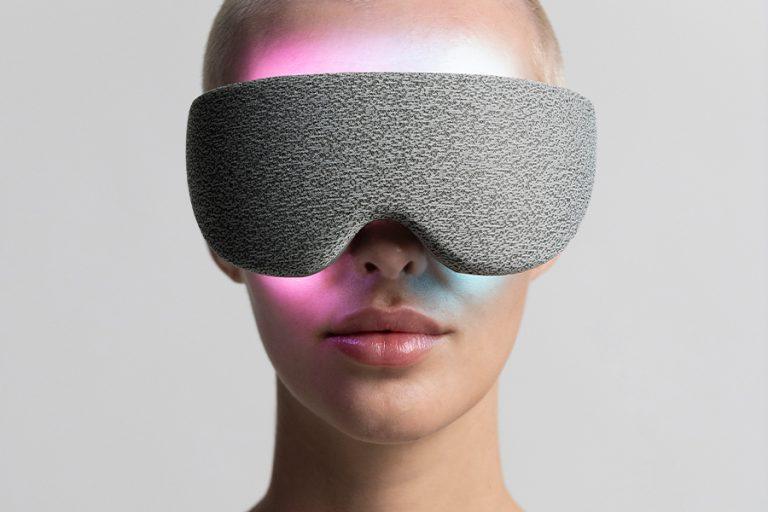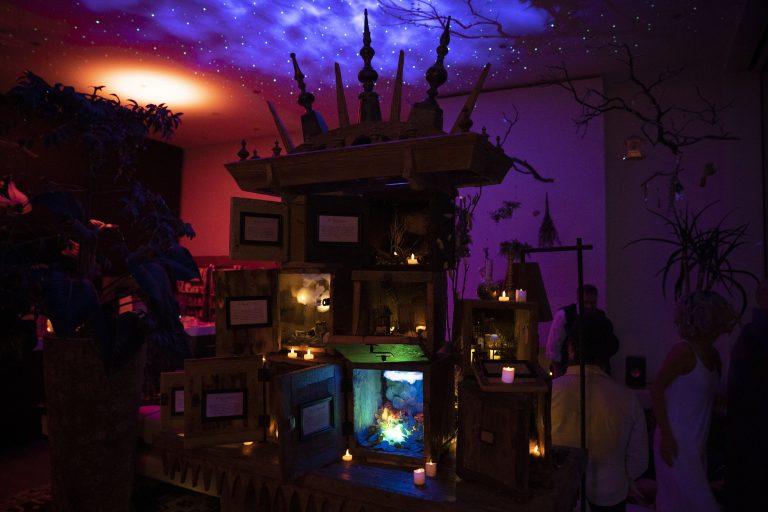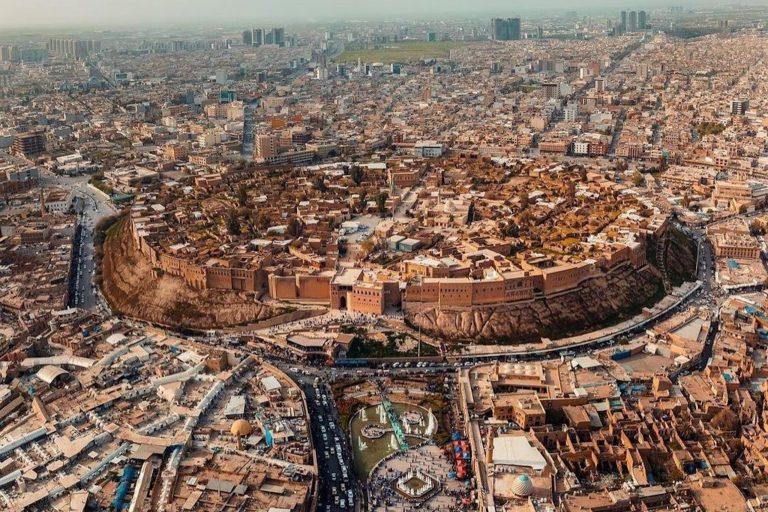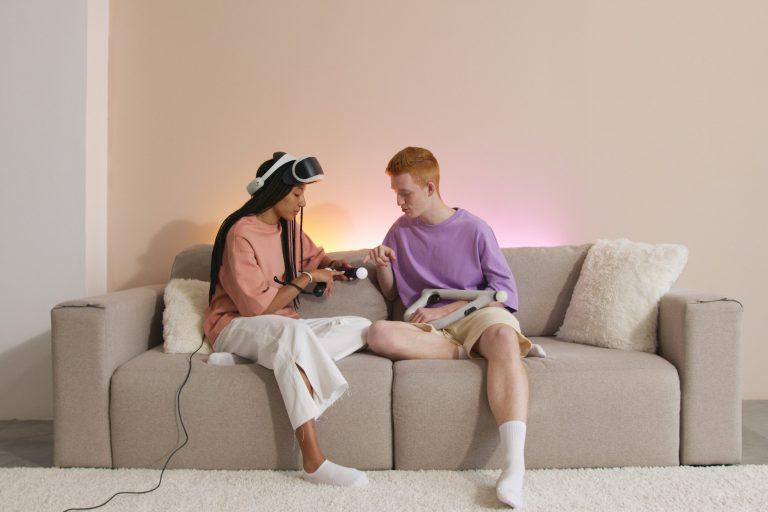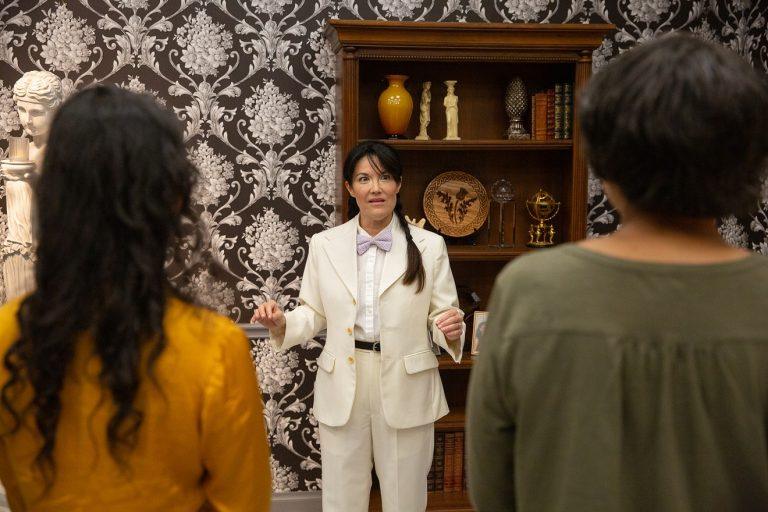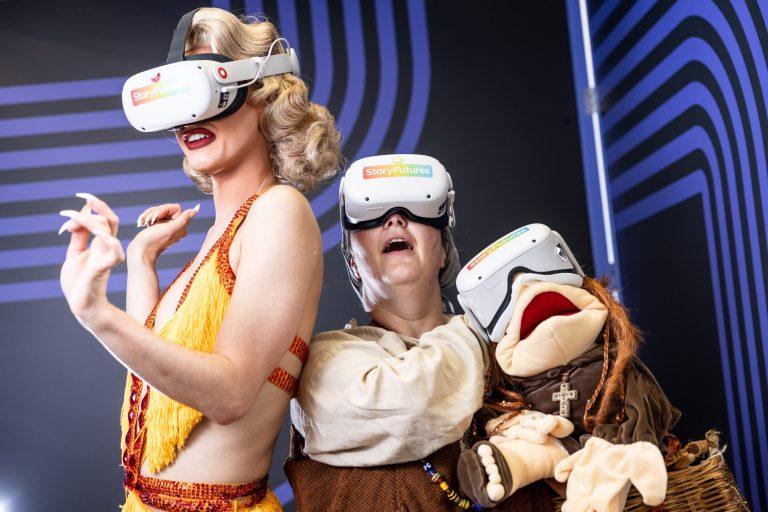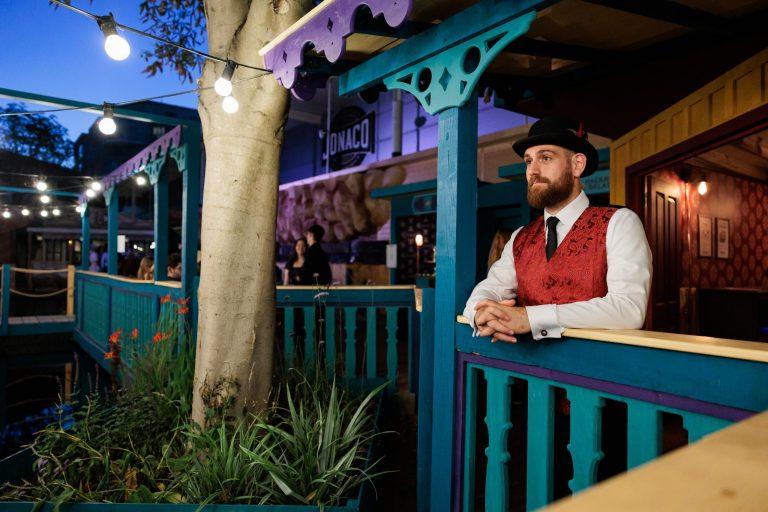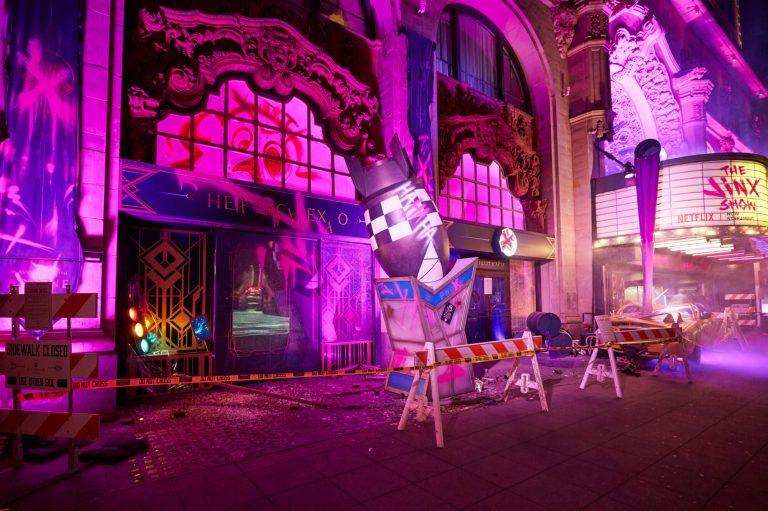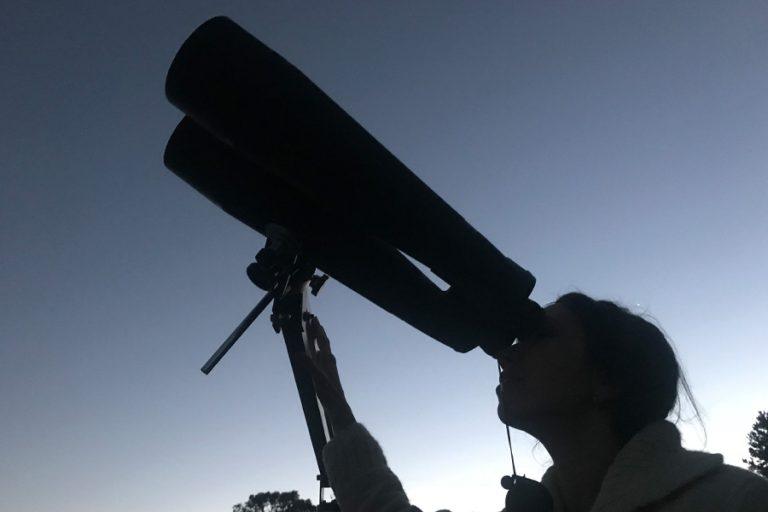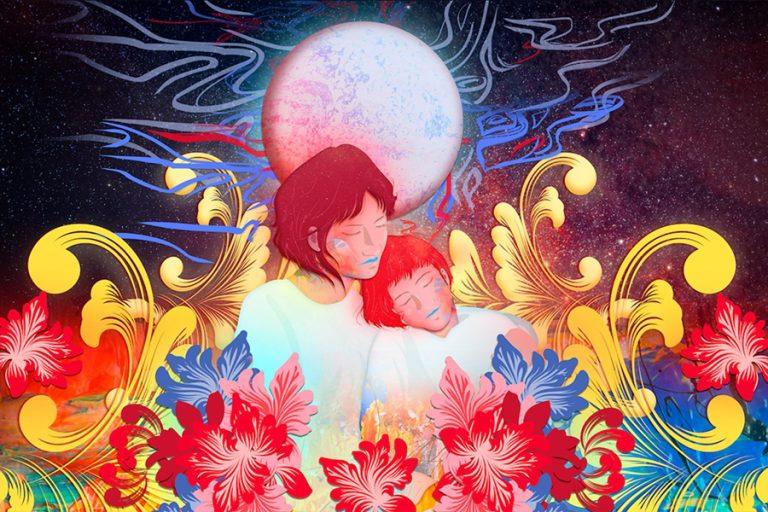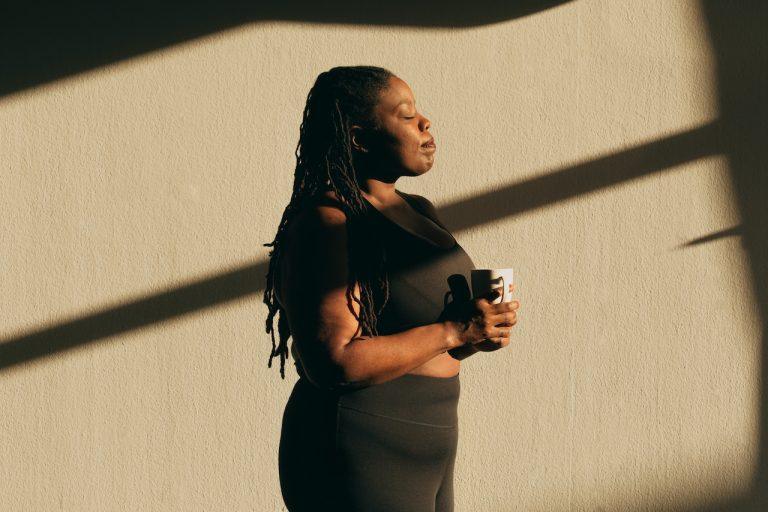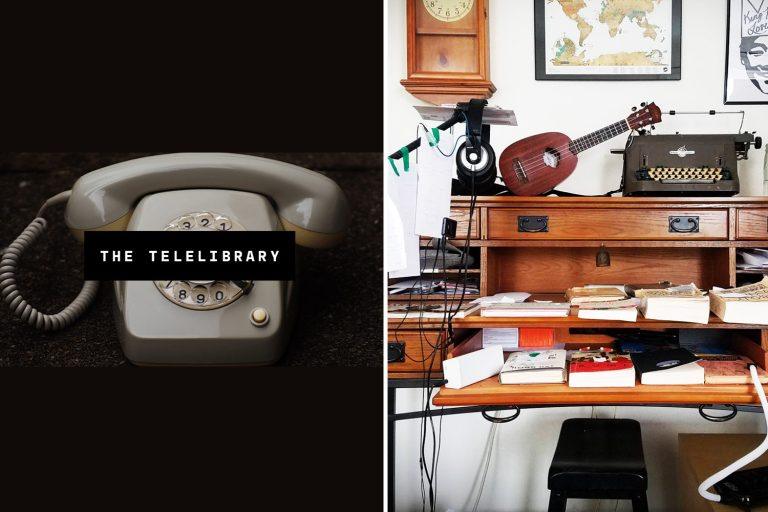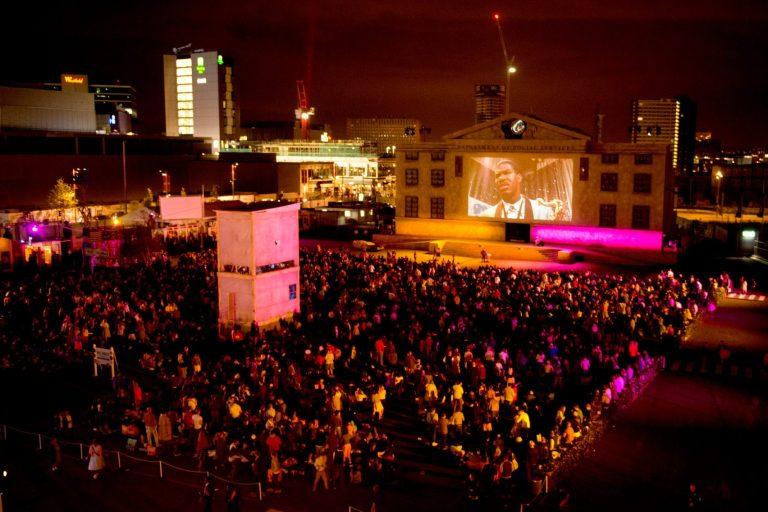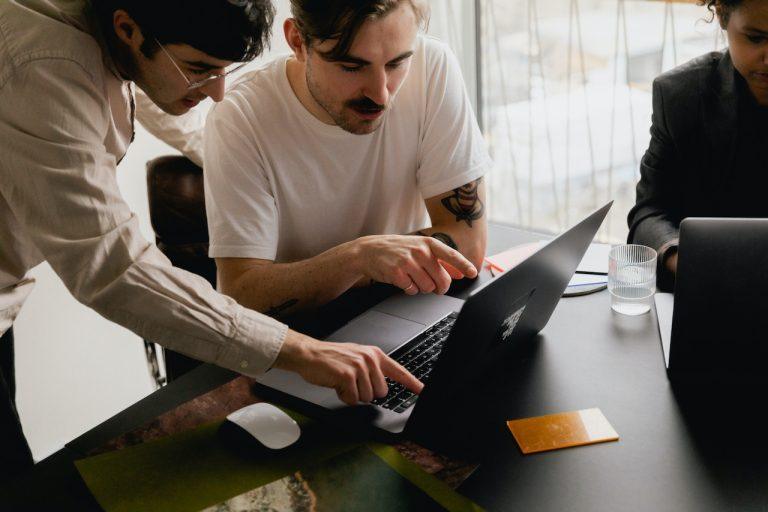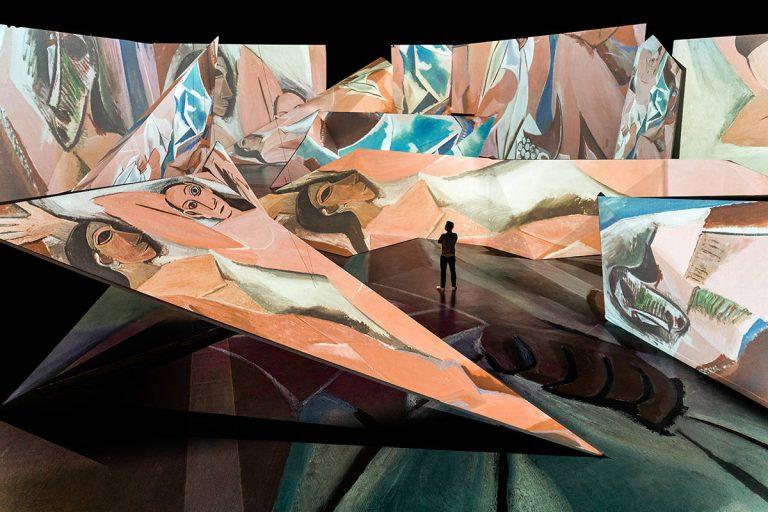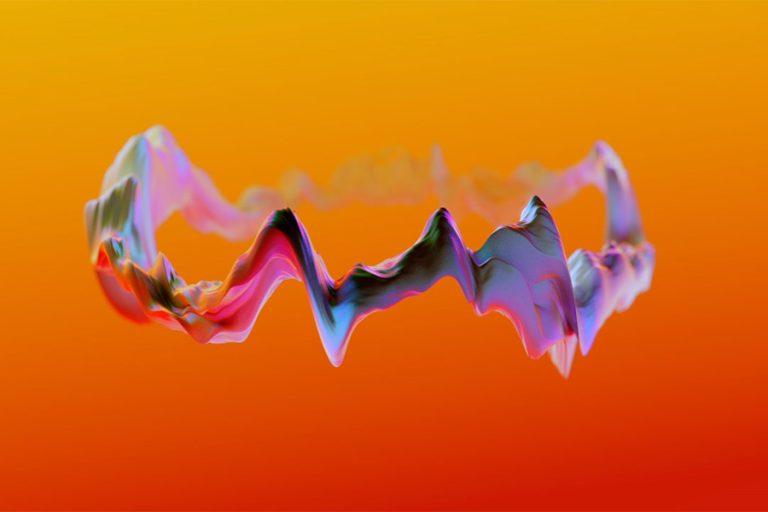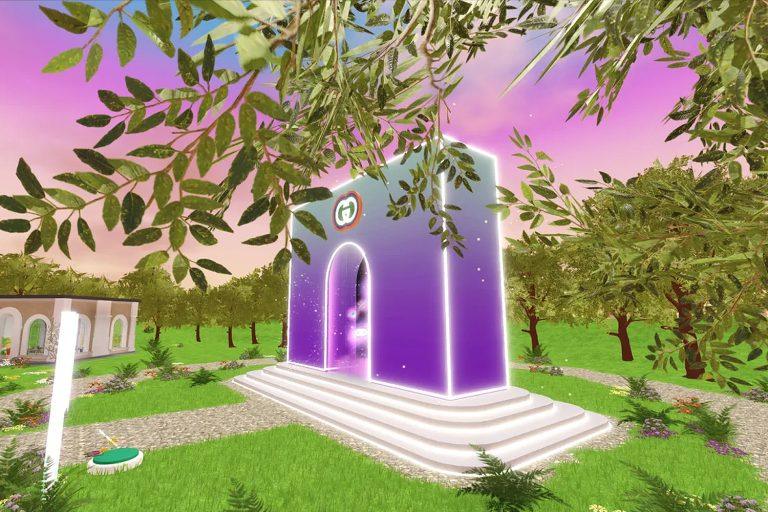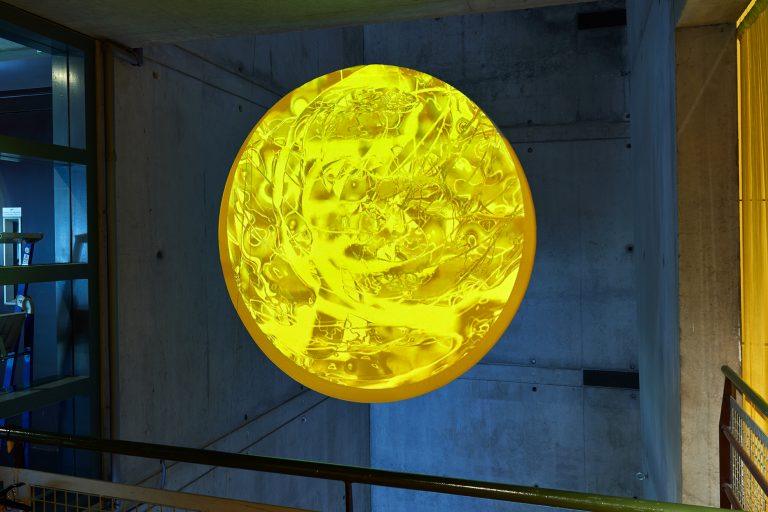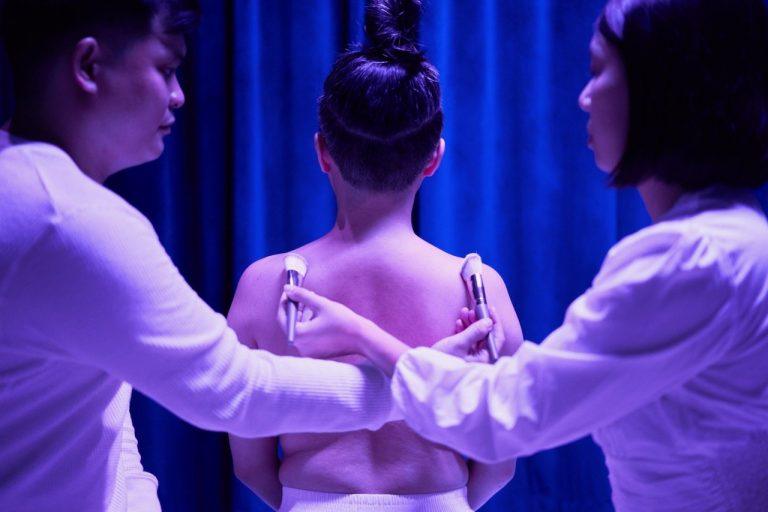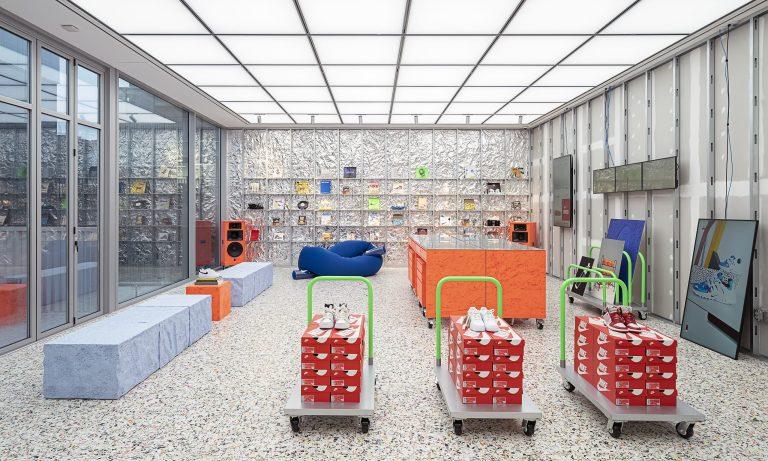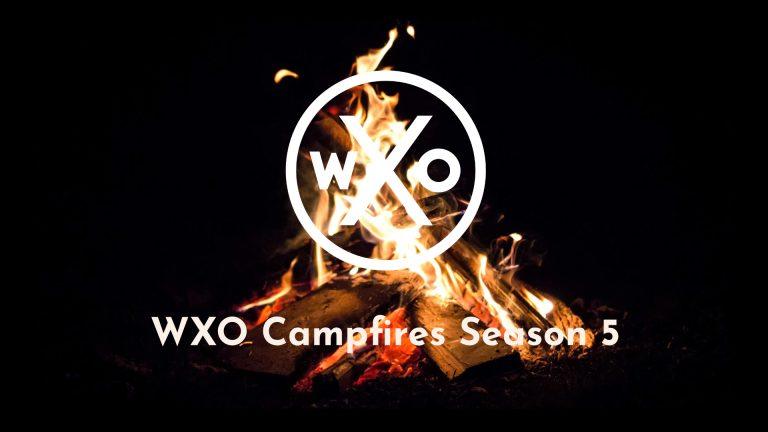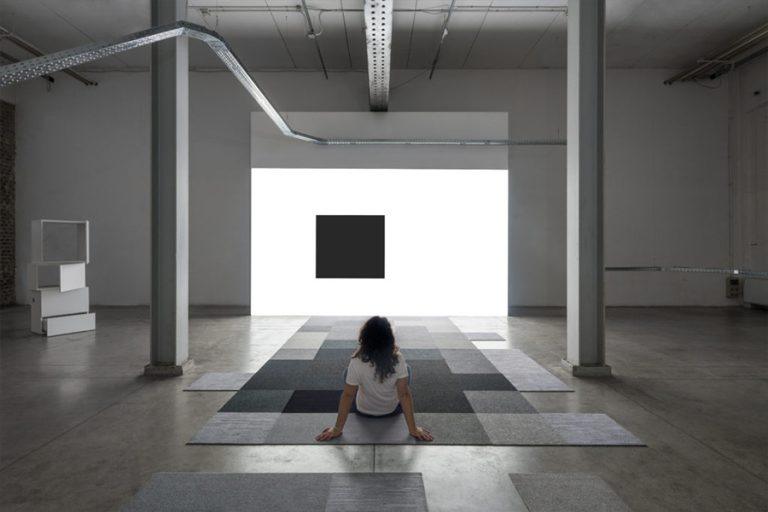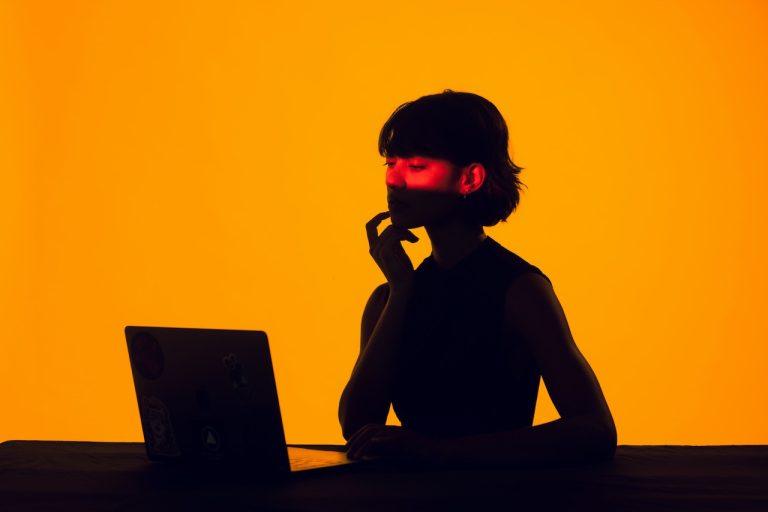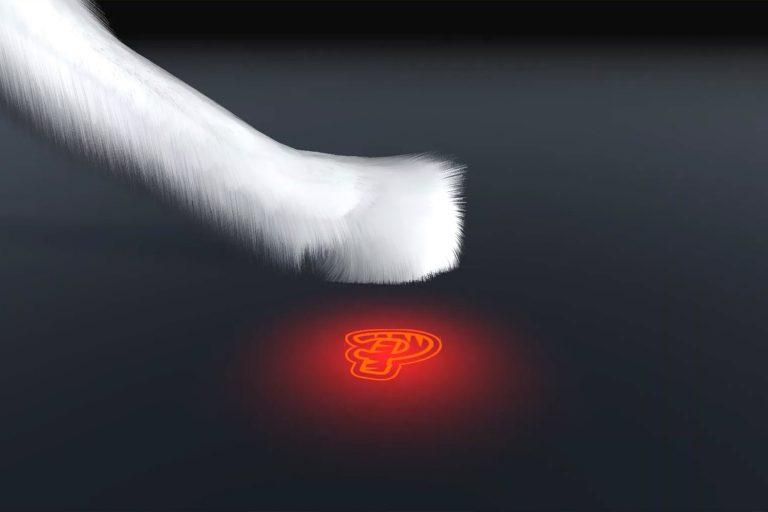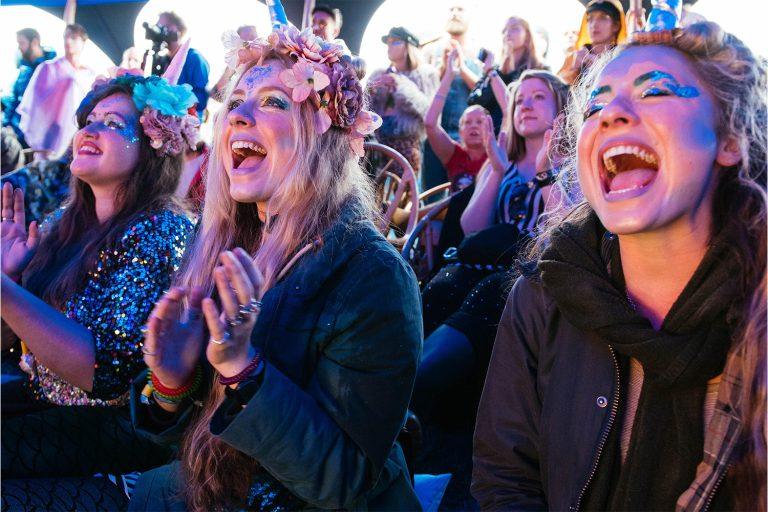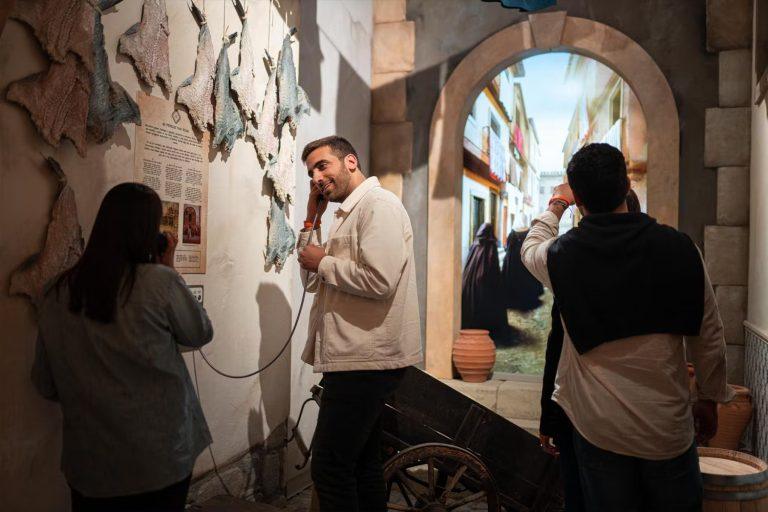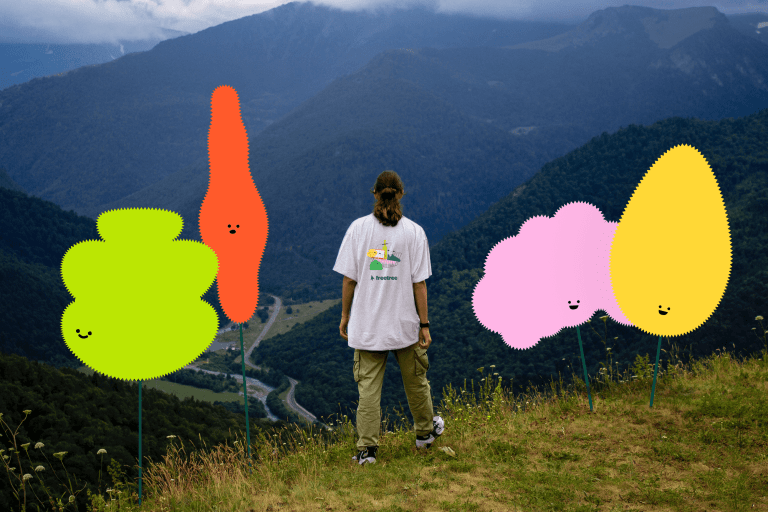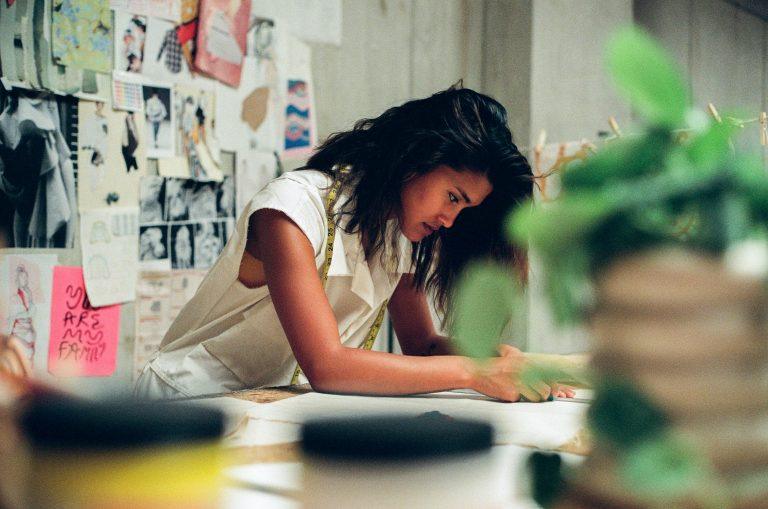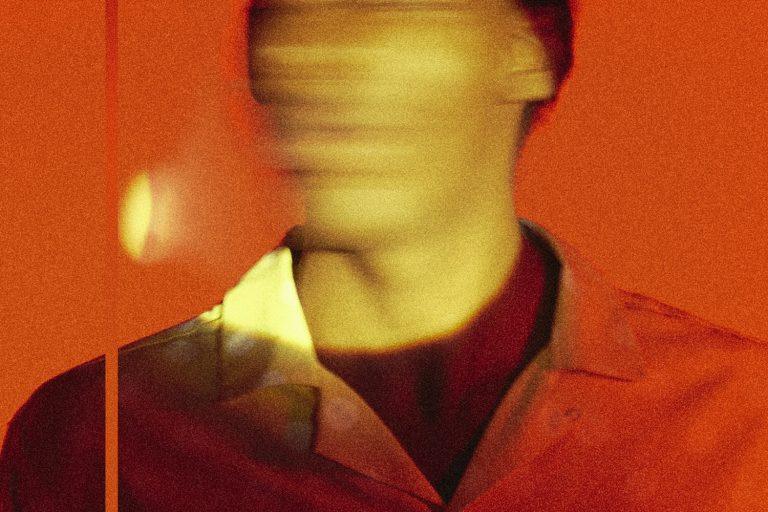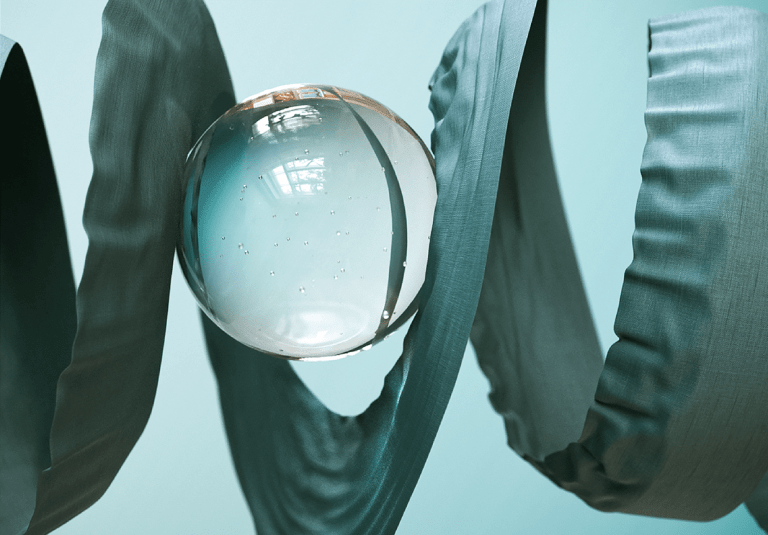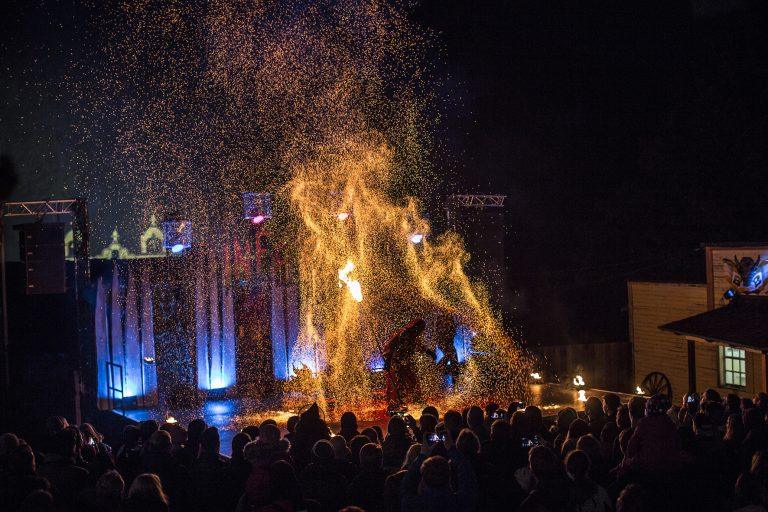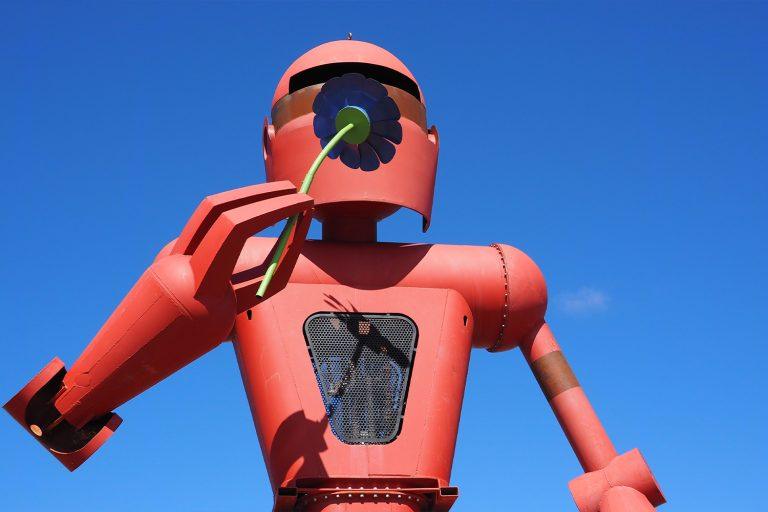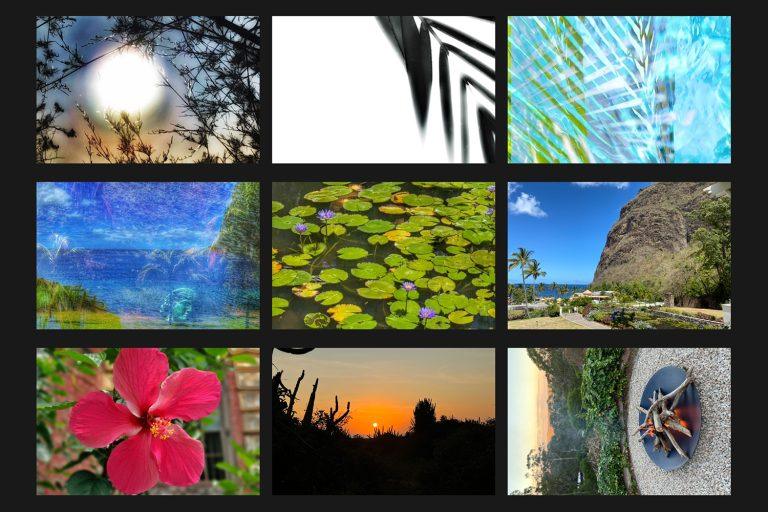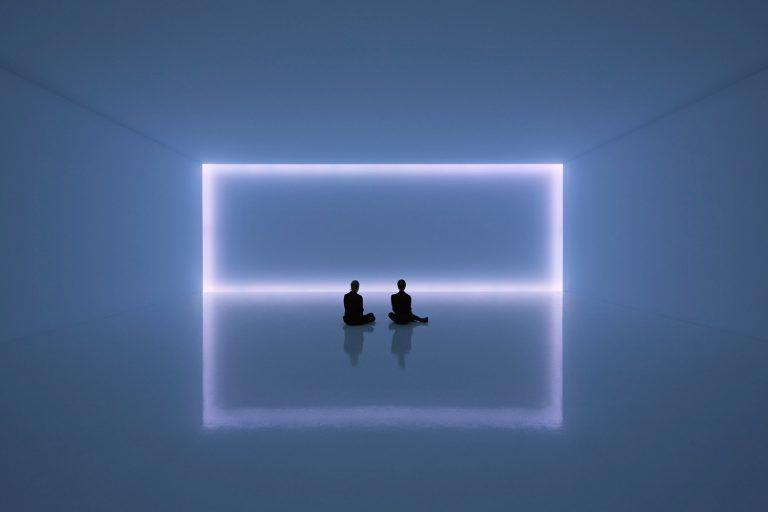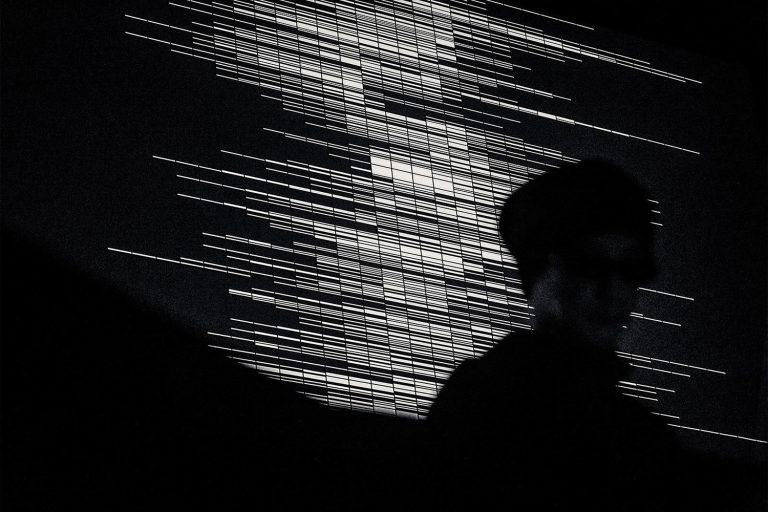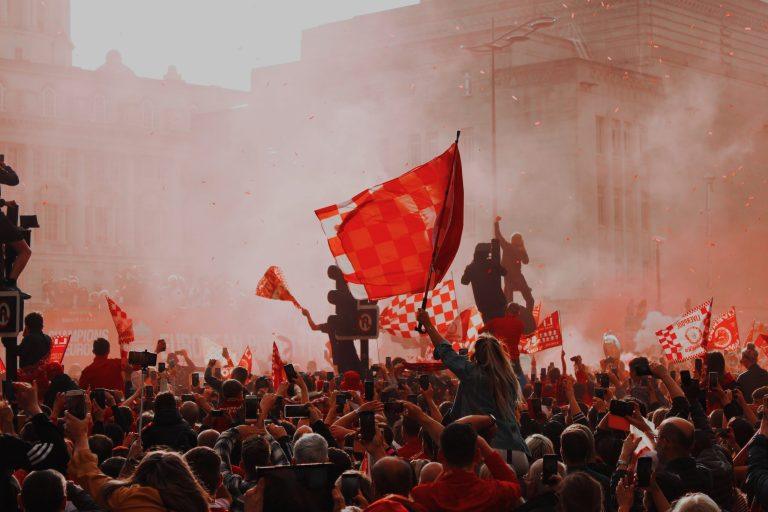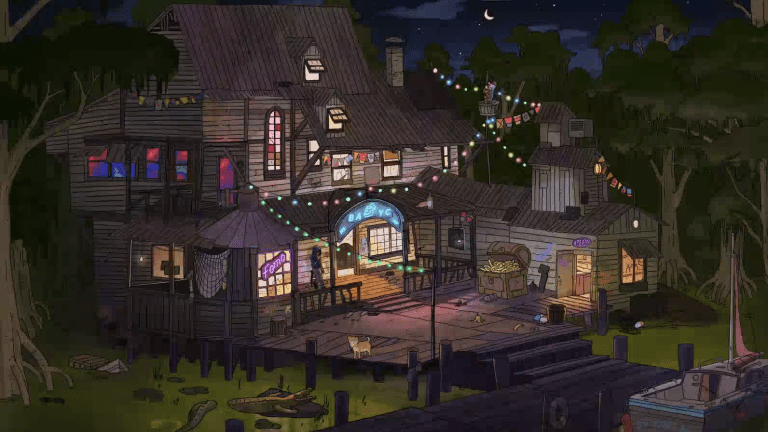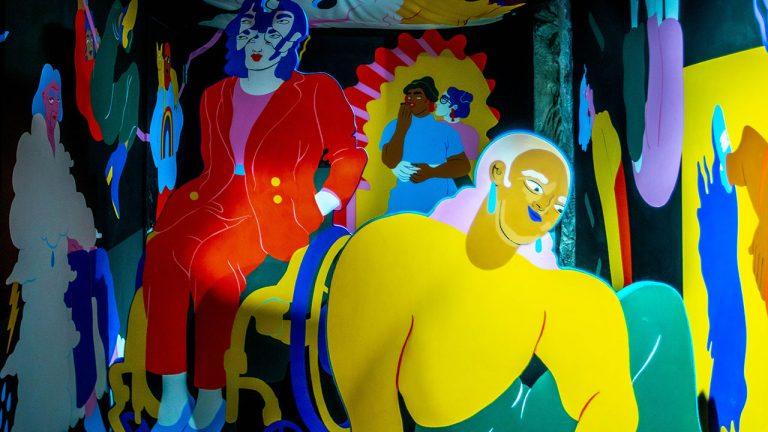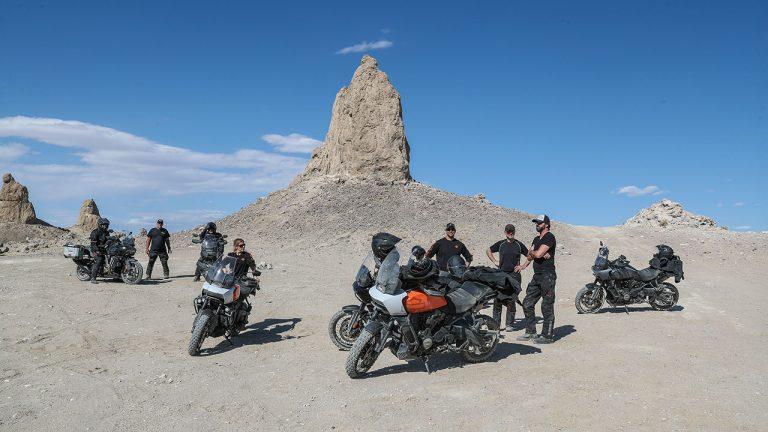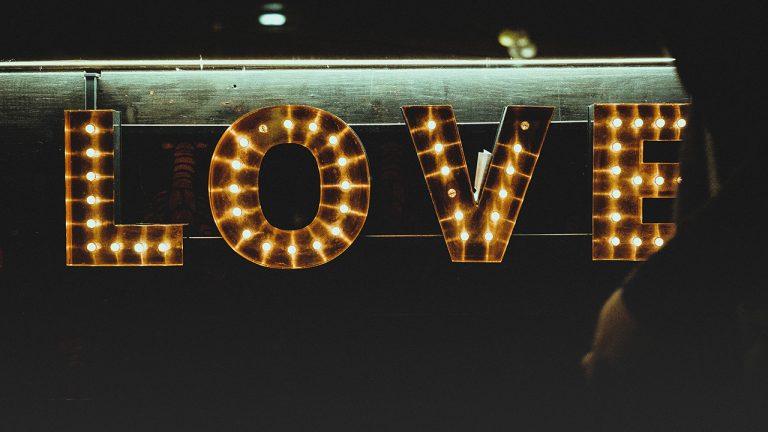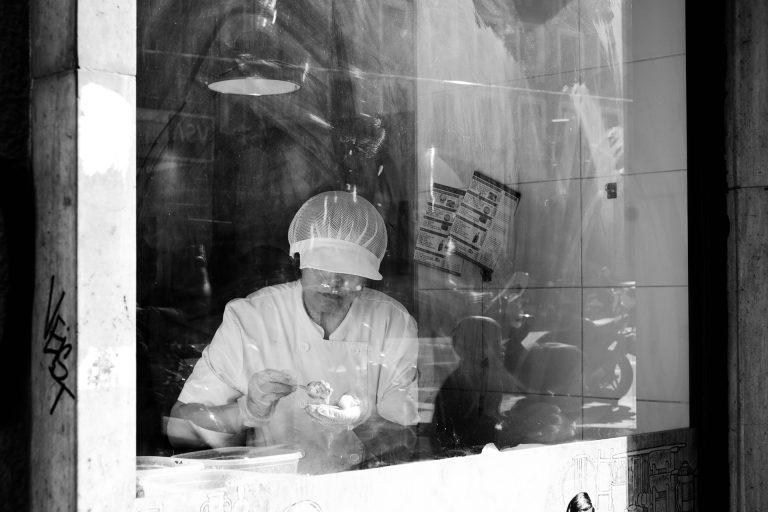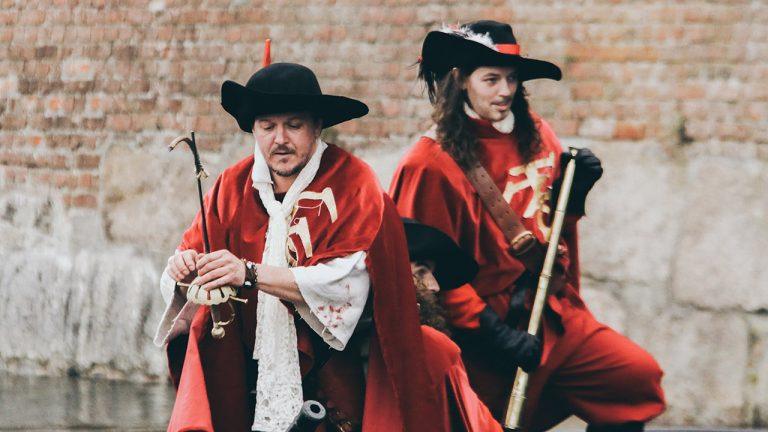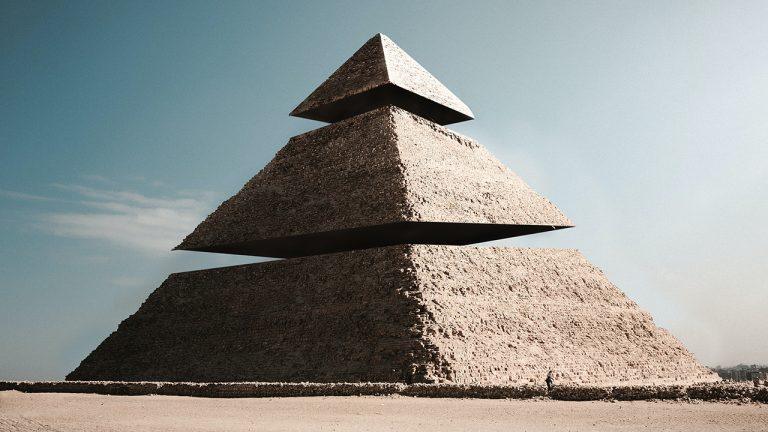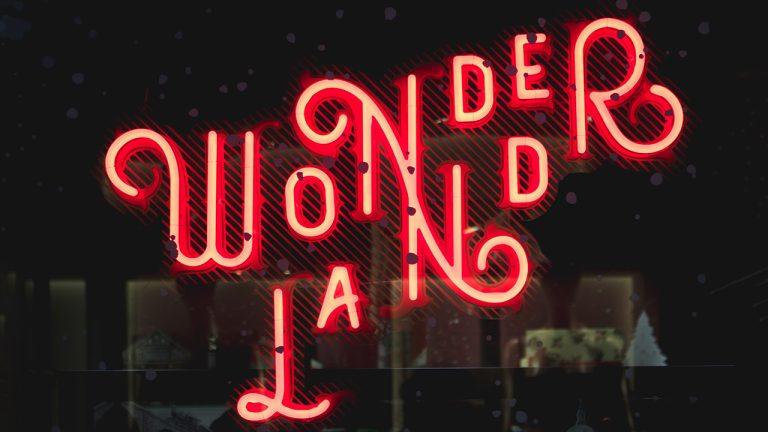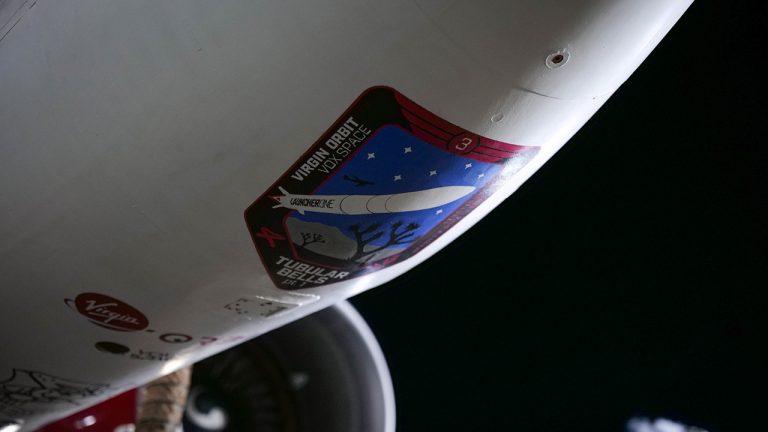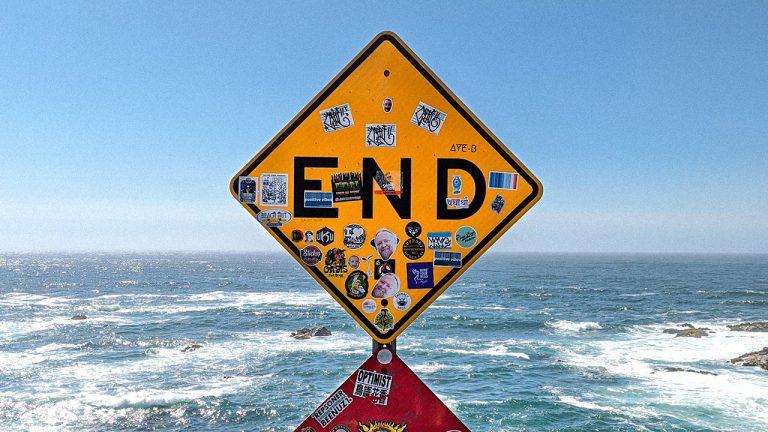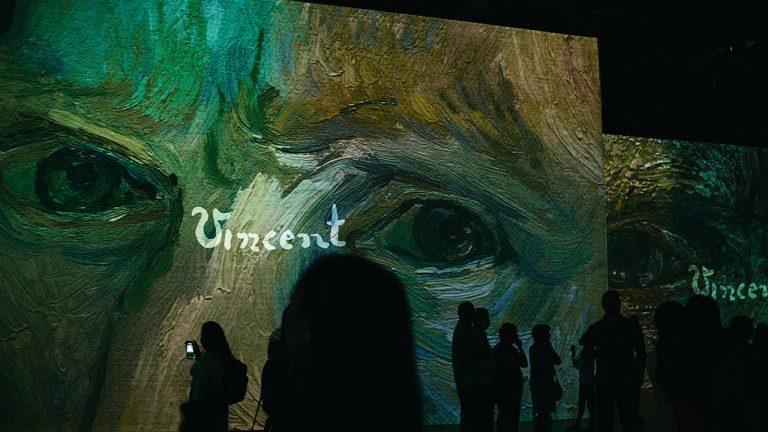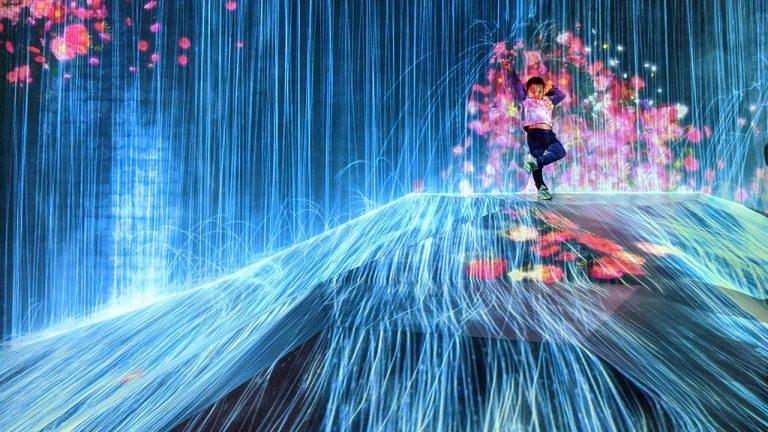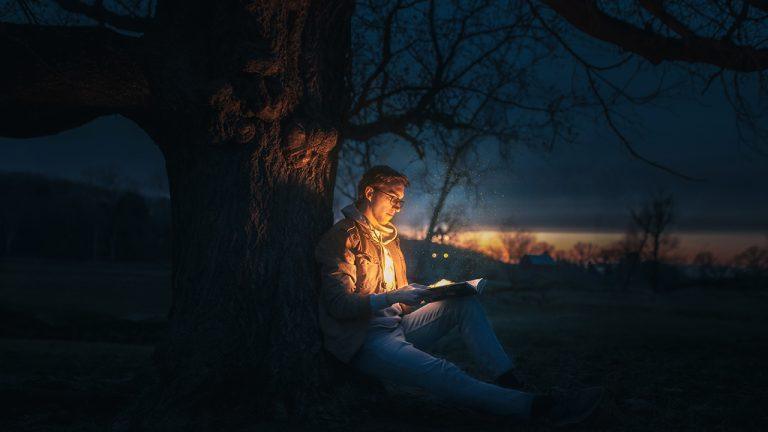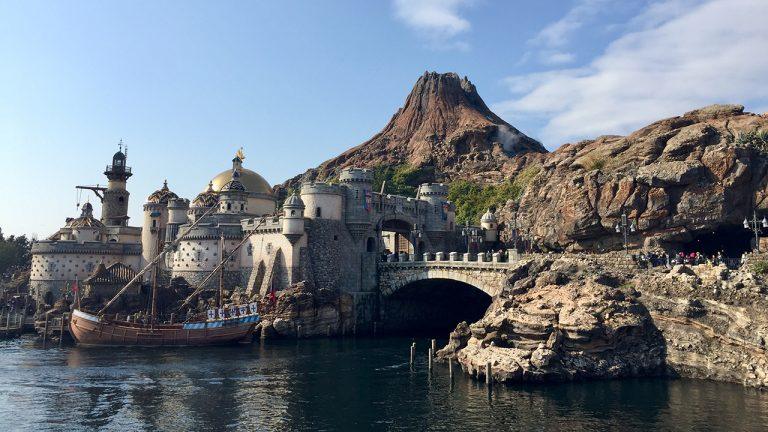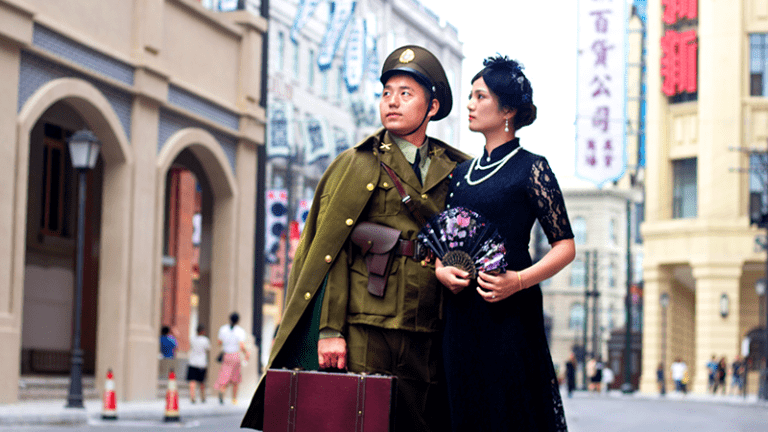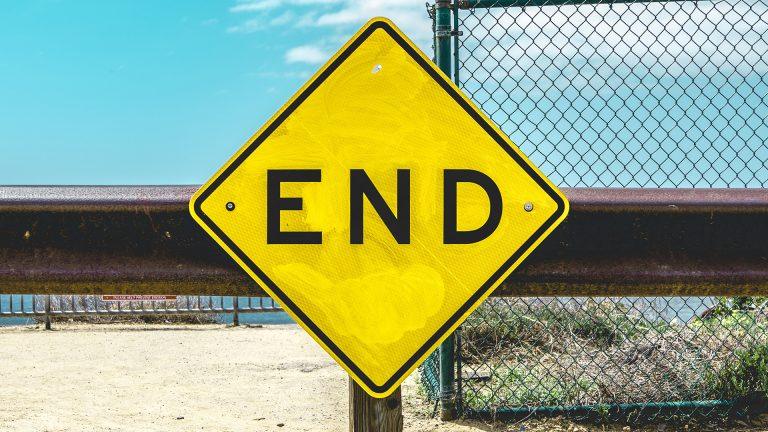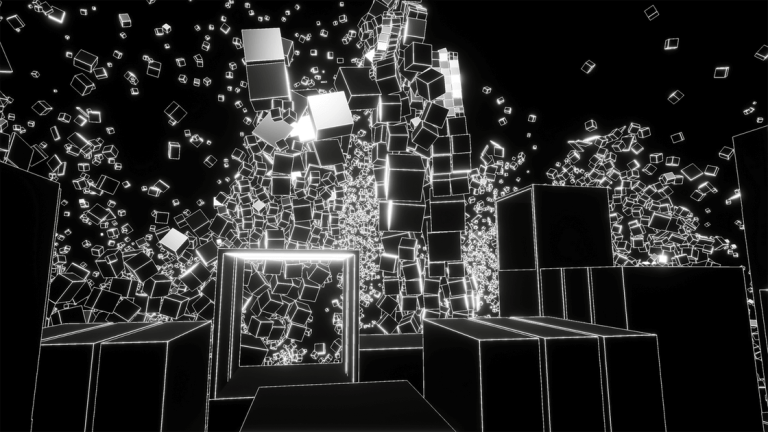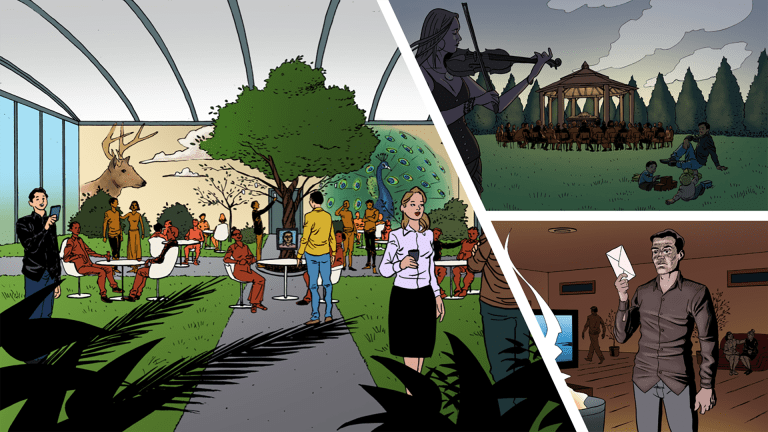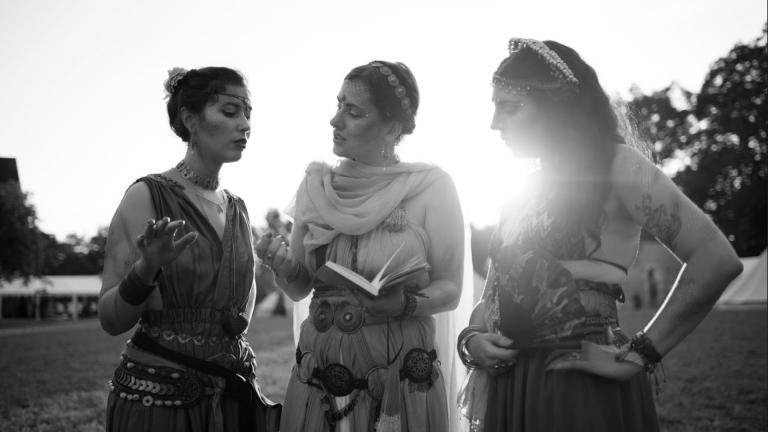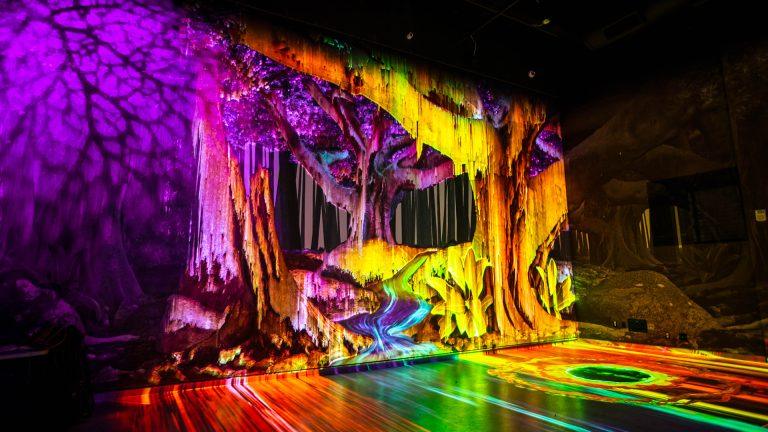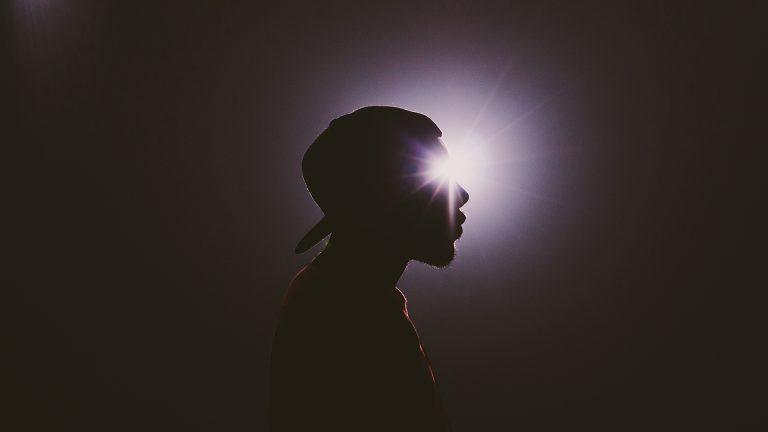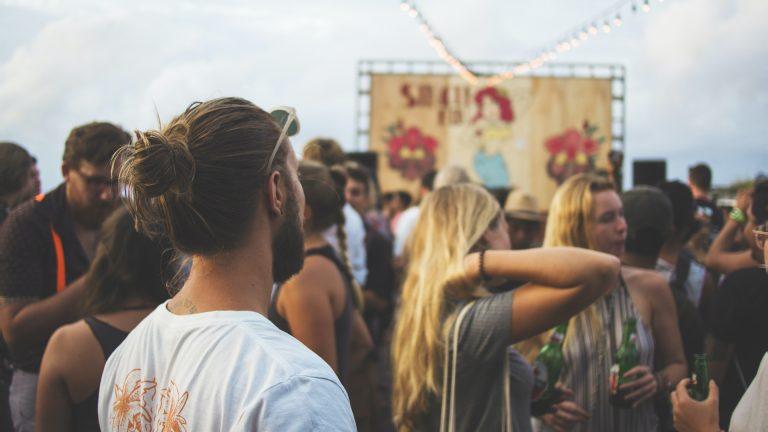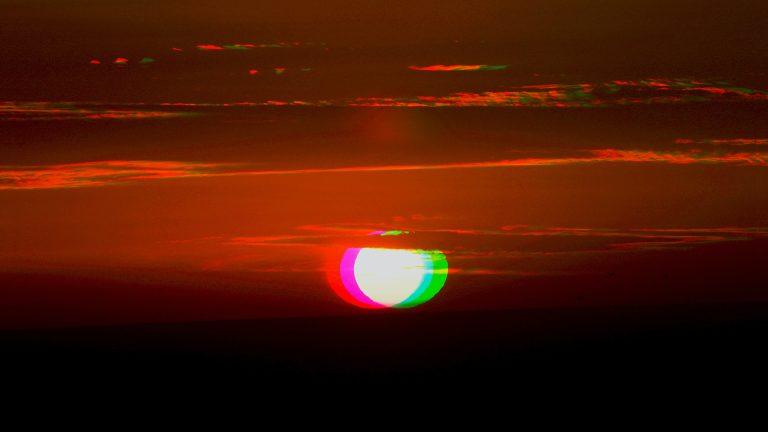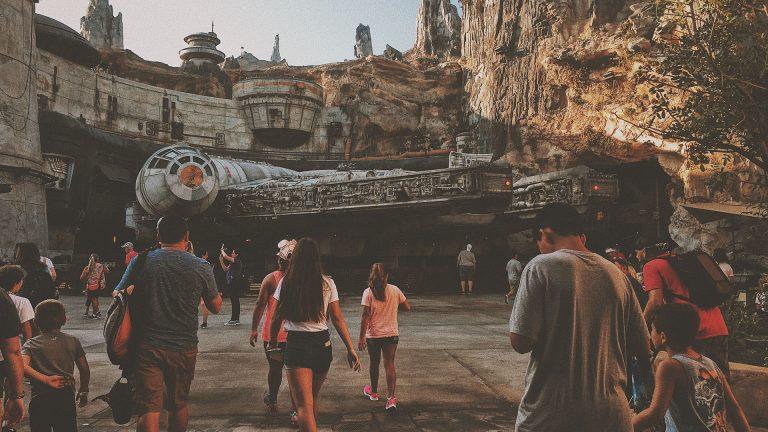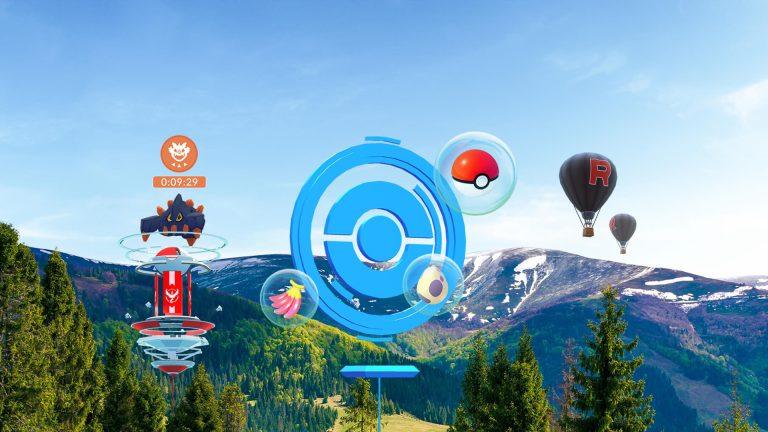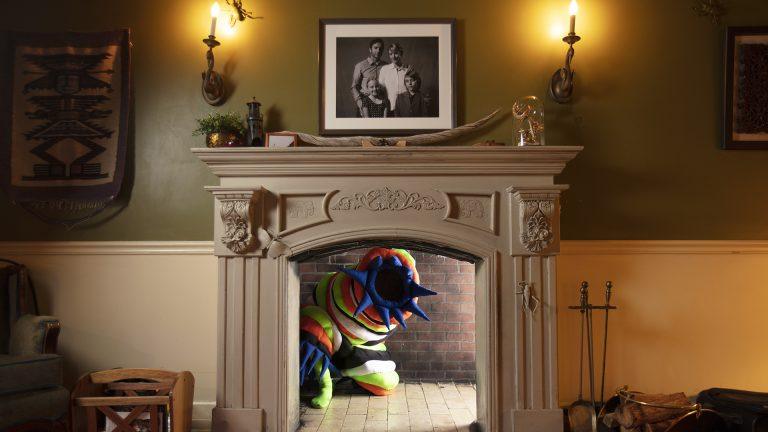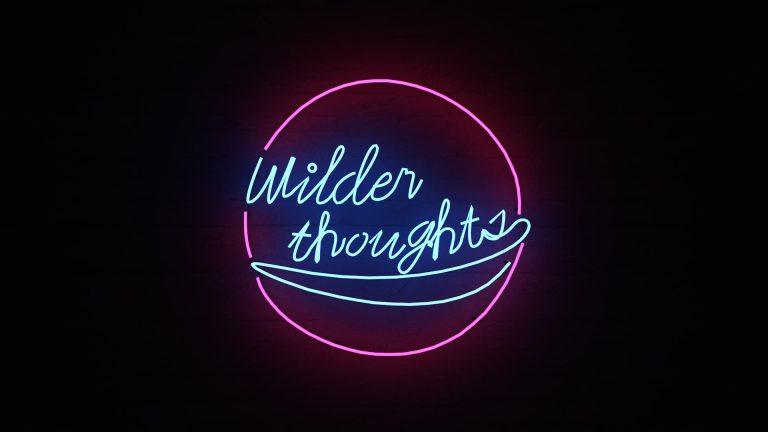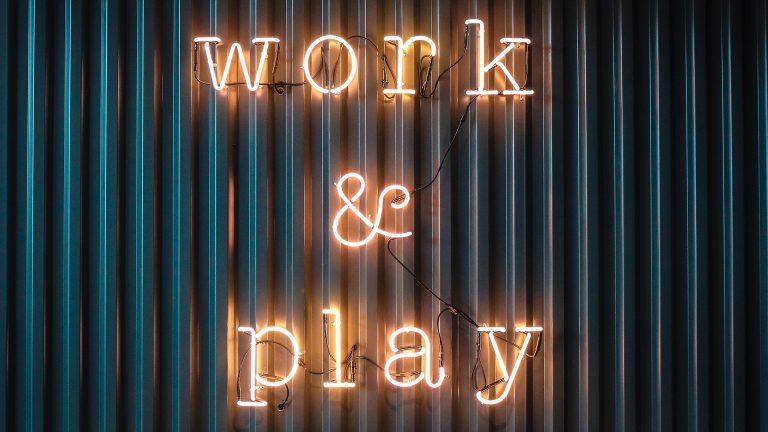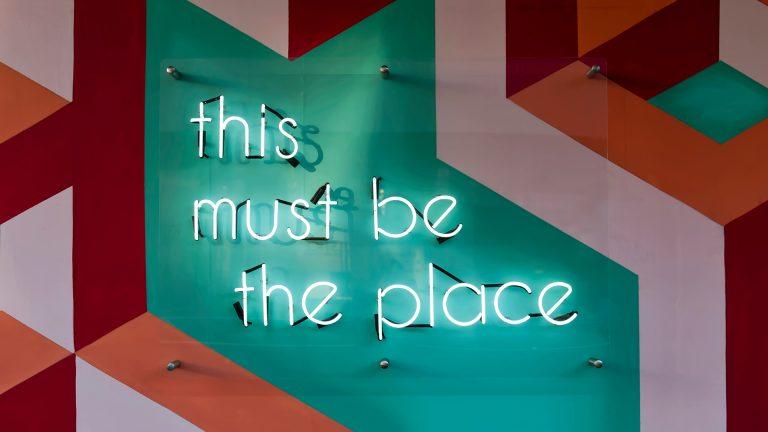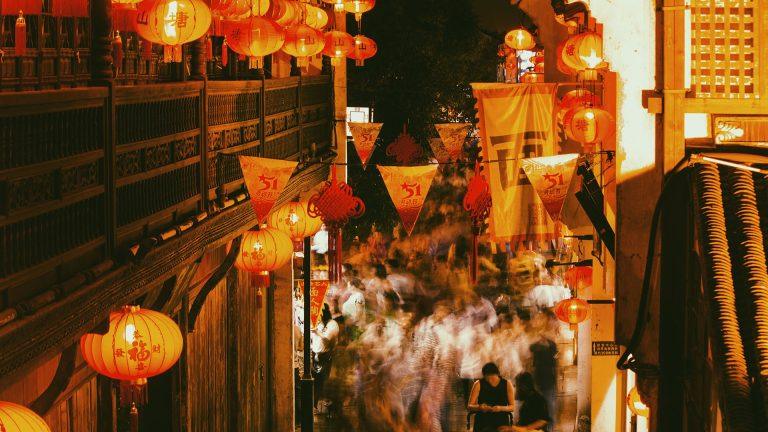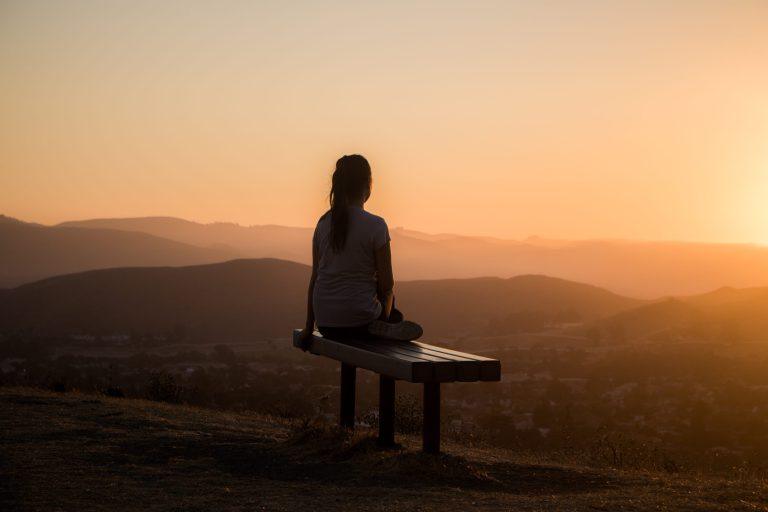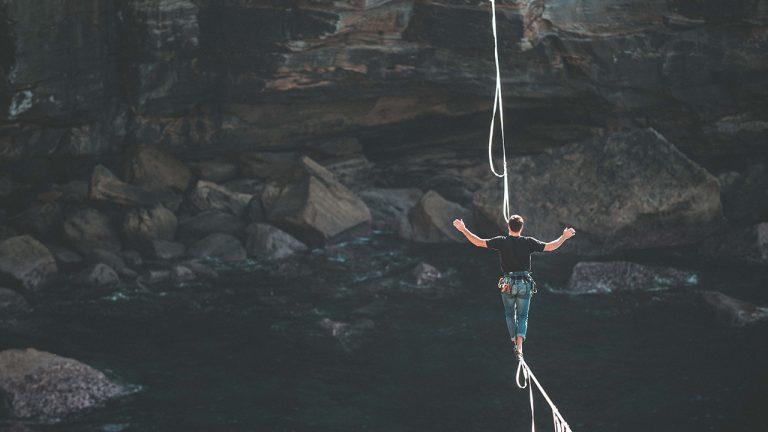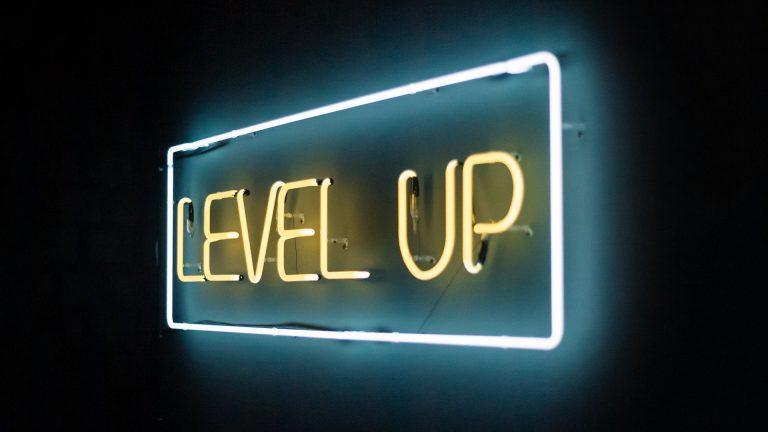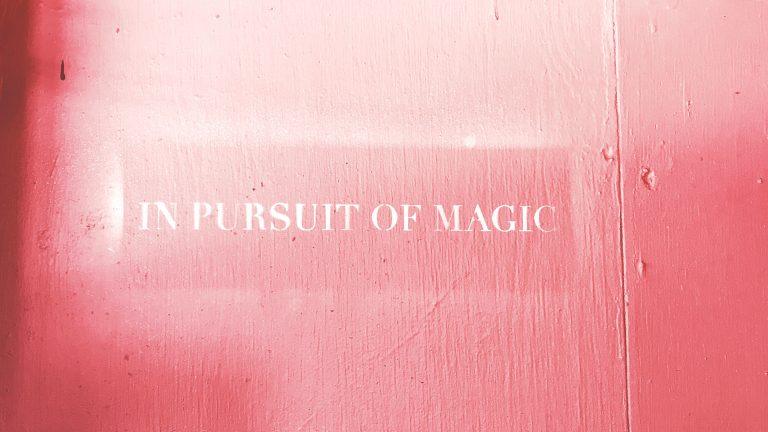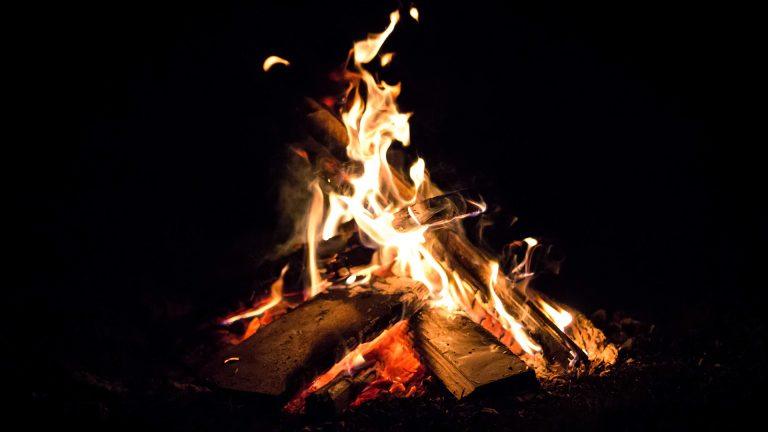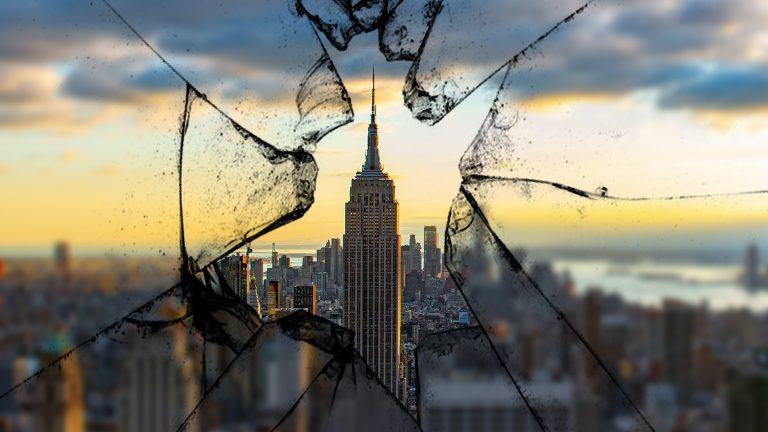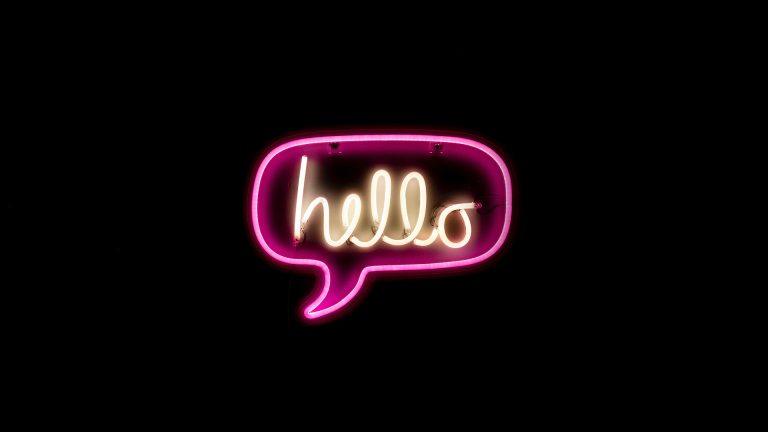The WXO Experimental Campfires are a playground for experience pioneers around the world to connect, inspire, and challenge each other. In each of these Campfire reports, you'll find inspiration and information that will help you create better experiences, and become a better experience designer. We hope you enjoy them, and to see you in a Campfire soon!
From Principles down to Deep Dives, here's what to expect when you attend a WXO Campfire.
How long does it take to transform someone? Here are 9 starter questions defined by our experience experts to help you approach the topic head on.
Performer, lecturer and immersive theatre expert Joanna Bucknall on how "dialogical dramaturgy" can create an ethical, intimate and collaborative experience.
Susan Magsamen & Ivy Ross on how our brains and bodies transform when we participate in the arts – and how this knowledge can improve our health, enable us to flourish, and build stronger communities and better experiences.
In a call to action (or at least to question!) Brad Shelton, Vice President & Creative Director at BRC Imagination Arts, argues that in an industry that’s currently obsessed with ultra-personalization, sometimes our choices can lead to societal harm.
Laika O’Brien, Founder of No Sleep Studio, takes us on a raucous traipse through their internal landscape, how they came to the phrase “waking dream”, and the process by which they design custom immersive experiences for altered states of consciousness.
Creative director and professor David Bassuk shares learnings from a transmedia storytelling project he led to inspire action around climate change in Iraq.
Dart Lindsley is Head of Process Excellence at Google and the host of the Work For Humans podcast. He has a radical idea for how to approach work, looking at it the same way we do a puzzle. He argues that our problems with work lie deep in a relic of the industrial age: the mistake of thinking of employees as things.
Forgetting ourselves in an immersive experience means we must “come back” to ourselves at the end, begging the question: who were we when we were in-world? Playmaker Jessica Creane explores what happens when you are the main character.
Andrew Scoville, Director of neuroscience-inspired experience Theater Of The Mind, on how to blend science, space and story to create an experience that resonates emotionally.
Will Saunders, the CCO of StoryFutures, on how to ensure the next chapter of the metaverse creates stories and experiences that are inclusive and accessible to all.
Charlotte-Amélie Veaux, Co-founder of Onyo, on how we might create regenerative experiences that offer a different story of what’s possible and where everyone is the hero. Because if we can’t imagine a better future, how can we make it happen?
Nick Moran, Director of Phantom Peak, on how story is the key to building an open-world experience – or just an experience with the depth, creativity and repeat pulling power of Phantom Peak.
We Are Collider’s CEO, Anton Jerges, shares his science-backed, magic-filled MARVELS checklist for generating extraordinary experiences.
Director Jennifer Crook on developing the Dreamachine. Discover how to build powerful collective experiences that create a contemporary sense of ritual, blur the boundaries between science and art, and design temporary experiences with a lasting impact.
Barbara Groth, Founder and Creative Director of the Nomadic School of Wonder, on how to design experiences that bring people into a felt experience of wonder and awe.
Professor Cassie Holmes shares empirically based insights from her new book Happier Hour on how to better design our time – and that of others.
Albert Boswijk, author of The Economy of Meaningful Experiences, took us on a deep dive into the psychology of the senses, emotions and erfahrung, asking: how do we create meaning, individually, socially, and in our communities?
Yannick Trapman-O’Brien, performer and theatremaker, shares insights on the outsize value of small experiences gained from his telephone-based, one-on-one, interactive experience, The Telelibrary.
A case study into Arcane by Secret Cinema by the man who produced it, Andrea Moccia.
Palo Alto-based futurist and author Alex Soojungkim-Pang, one of the leading champions of the 4-day workweek movement, on what experience designers can learn from it.
Our Experience Economy Godfather, Joe Pine, guides us through the Multiverse model from his book Infinite Possibility: Creating Customer Value on the Digital Frontier.
There are always ideas in different experience sectors to our own that we can “steal” in order to make our experiences shine.
Gen Cleary, CEO of Make Some Noise, on how experience designers use hypnagogic states and unexplored senses to have a positive impact on people and the world we live in.
Event producer and NonFun Events co-founder, Bobby Kunta, on how we might use crypto and NFTs to incentivise the kinds of behaviours we hope to see from our target audiences, as well as close value loops.
Seeking a scientific formula for creating extraordinary experiences? Neuroscientist and WXO Co-Founder Paul Zak has the answer.
How might we design for struggle – or even disaster – to deepen the resonance of our experiences?
Performer-director / data analyst / primatologist Leah Ableson on how you can take insights from your main actors to build more accessible and engaging experiences.
Dr Michael T Lai shares his roadmap for any business that wants to leverage experience to deliver a better brand.
Discover a stellar line-up of neuroscientists, performers, best-selling authors and industry legends.
Best-selling author Alex Soojung-Kim Pang shares his pearls of wisdom on time well designed and the importance of making room for rest in our daily lives.
Bestselling author Nir Eyal returns to the WXO Campfire to discuss how the secrets of his book Hooked might be used to create positively addictive experiences.
Experience designer Barbara Prodinger on how to harness the power of tech to create enticing teasers and powerful post-event interactions.
Julia Hobsbawm shares top takeaways from her bestselling book The Nowhere Office to help you navigate the path ahead.
Tiny Rebel Games’ CEO Susan Cummings on what the Petaverse Network means for all those creating metaverse experiences.
Beth Rypkema, accessible arts expert and art guide for Meow Wolf’s Convergence Station, on how to design immersive experiences that are accessible for all.
Experience designer and teacher Pigalle Tavakkoli shares the building blocks and frameworks she's developed from over 15 years' of questing to the mysterious island of Experience Design.
Themed experience expert Cynthia Vergon shares her insights on expectation management during the experience design process.
How to design better beginnings that draw people into an experience and keep them hooked.
Next time you’re working with a client, agency, or as part of a team, make these your first port of call to stop potential clashes from becoming car crashes.
Success stories can inspire us to greatness and equip us with tried-and-tested tools to help us get there. But we can learn from failures, too. We asked our experience experts to anonymously share some of the worst experiences they’ve attended, as well as some of their own biggest flops.
Experience Economy Godfather Joe Pine returns to our Campfire to share his insights on designing for inspiration and taking your slice of the "New You" business.
Frankfurt-based horror attractions designer Michael Badelt believes that there's a huge amount of untapped potential to infuse experiences with an underlying narrative or meaning for your audience to discover – a technique he calls the Trojan Horse.
Accessible arts expert Beth Rypkema, immersive storyteller and Meow Wolf alum Justin Stucey, and Raven Sun Creative founder Louis Alfieri step up to share a project they're working on, the challenges faced, and their hopes for the future.
Psychologist Mandy Seligman on how we can disseminate the principles of positive psychology through photography – and nudge people towards living fuller lives.
Award-winning science writer David Robson explains why "the expectation effect" is such a powerful predictor of our behaviour – and how it can be used to create better experiences.
Behavioural design expert Nir Eyal explains how the model from his book Indistractable can be used to create indistractable workplaces, processes, and give you control of your life.
Endings are risky, but they’re also crucial. Here are 7 potential endings created by experience designers that might change the way you end your next experience.
Rory Sutherland, Vice Chairman of Ogilvy and founder of Nudgestock, explains how to use insights from behavioural psychology to create experiences that go deeper, last longer and cost less.
Mixing things up a little to keep our format fresh, Campfire 47 gave WXO members the chance to talk about the experiences they’re currently working on and ask their fellow members for advice about how they can be improved.
Anyone who has ever experienced a mass outpouring of emotion in a packed stadium or music venue knows how it can lift us into a state of elation. Now a team of academics has broken down the science behind the spectacle.
Max Lenderman on how the tools, applications and philosophies that are being birthed in web3 might transform the way we create experiences.
Can DAOs make the world a better place? What's the value of an NFT? And how do you dip a toe in the waters of web3?
How did Meow Wolf go from dreaming of changing the art world to actually doing it? And how did they convince investors to go along for the ride?
Dr Mike Lai from the X Thinking Institute, Shanghai presents his Experience Thinking Relationship Model: a framework to help brands select the best experience for each stage of the relationship they have with their customers.
Experience experts from around the world give Cupid a helping hand by coming up with 7 ways to make Valentine's Day better.
Theo Edmonds, an experience strategist and WXO Founding Member presents his research on how to build a pathway from experience design to creativity and curiosity in a theoretically fascinating and practically inspiring talk.
Using the smash-hit Hamlet Live production as a base, a team of experience experts present a new framework for constructing and communicating experiences.
We think the dawning of a new age of experiences deserves a new set of frameworks to express it. And what better framework to give a refresh than Maslow’s hierarchy of needs?
Part One of our Xmas Special asked our APAC Campfire to redesign the festive season using their favourite experience design tools.
In Part Two of our Campfire Christmas special, our US experience experts added their nuggets – or should we say chestnuts? – of wisdom to our open fire.
Joe Pine, the godfather of the Experience Economy, gives us his ultimate guide to putting a price tag on your experience – and creating new opportunities to charge for what you do.
At the forefront of the push to design better endings, there’s Joe Macleod: UX designer, author of Ends (2017) and Endineering (2021), and the founder of the world’s first consumer-ending business.
Professor of Storytelling Dr Moniek Hover and Dr Licia Calvi on the difference between stories of individual and collective heroes, how to use empathy to connect with audiences, and the proper pronunciation of Vincent Van Gogh.
In honour of Mihalyi Csikszentmihalyi, who passed away in October 2021 at the age of 87, we wanted to delve deeper into flow – and Csikszentmihalyi’s eight steps into it – to discover how we might use it to design more engaging experiences.
Evolutionary and cognitive anthropologist Manvir Singh presents his research on the universals in stories, and how to use "the sympathetic plot" to connect with audiences.
How can we use the art of storytelling to embody and deliver a client's brand and their business objectives – and get that little bit better at marrying the “experience” and “economy” sides of what we do?
Experience designer Louis Alfieri and narrative writer Amy Kole on how to use cultural insights from around the world to expand our creativity and build better experiences for today's global audience.
We swapped our keynote Firestarter for a group workshop inspired by a number of cross-sector collaborations, bringing together processes to create experiences of "unusually high value".
Is the peak-end rule past its peak? Experience lecturer Wim Strjibosch takes us through his model for measuring what makes an experience memorable, and his ideas for how we might go beyond this 30-year-old concept.
What every cross-sector collaboration has to learn from the opera and technology mash-up of the Royal Opera House's Current Rising.
Strategic experience designer Aga Szóstek takes our Campfire step by step through her "Umami Strategy" for helping businesses to understand the value of experiences.
When orthodoxy gets in the way of wellbeing, experience architext Alain Thys wants to solve it. So he's taking his learnings in CX, EX and SX, and reimagining funerals.
For Campfire 20, we wanted our experience experts to think about how we might create such a taxonomy for immersion.
Is interactivity enough? Can VR be immersive? Instructions or invitations? And other essential insights on the immersive industry from our experience experts.
We’re always interested in anything that can contextualise – and therefore prove the tangible value of – the Experience Economy. So we invited Bolognino to give a Firestarter Talk on his inspiring guide to the Experience Economy: The Map of Realities.
Our Campfire break down Justin Bolognino's Firestarter talk on the "Map of Realities", taking in the metaverse and meat sacks along the way.
As the experimental re-opening seems to be following the path of a rollercoaster all around the world, it feels like the right time to ask our Campfire how to tackle the big move back to live.
We put our members to the test by asking how they might use some of the tools they use to design experiences to design better vacations, both for themselves and for their clients or customers.
AdventureLAB founder Klaus Paulsen steps up as our Firestarter to explain the concept of the "storyverse" on the eve of the publication of his new book, Integrated Storytelling by Design.
Game writer and AR specialist Rob Morgan takes us through the opportunities and repercussions that AR technology might have for experience designers – and our very perception of reality.
Our Campfire let the sparks fly after Rob Morgan's Firestarter talk on the power of AR, wondering whether it takes you further away from reality – or pulls you right in.
We're creating the Netflix of experiences and becoming dragons in disguise in our quest to design experiences that have participants returning again and again (and again).
We asked our Founding Circle how they could better design experiences that provide time well spent – and ended up questioning the concept of time altogether.
As the return to the office looms into view, is going back to the way we were really an option? The WXO Founding Circle discuss how to stage employee experiences in a post-pandemic world.
Our Campfire use Kevin Dulle's ERY Method to revitalise transactional services as engaging experiences. Meet the runnery, the stewardery and the acceleratery...
Why the key to getting the Experience Economy taken more seriously – and getting a bigger slice of the pie as a result – lies in measuring the impact, or ROX, of the experiences we create.
Ten mini-lessons from across the Experience Economy on how to reimagine rituals, turn boring tasks brilliant, create positive addictions and make a billion new experiential consumers.
We might all be chasing the dream of transformation in our experiences – but the question of how we trigger it remains unanswered. Perhaps when it comes to transformation, you can lead a horse to water, but you can’t make it drink...
We decided it was time to practice what we preach: if you set the stage and invite willing participants, the outcomes can be broader and more transformational than you could ever have imagined.
In the spirit of experimentation, for this week’s Campfire we decided to do our first two-parter, following on from last week’s discussion of the difference between services and experiences. We invited members of our Founding Circle to go a little deeper by thinking about how we can take a service, mess around with it, and upgrade it into a true experience.
For our fourth WXO Experimental Campfire, we decided to call upon our Founding Circle to help solve the issue of what distinguishes a service from an experience once and for all.
Our Founding Circle gathered around the campfire to hear Stephanie cram some very big ideas from her book “The End of Storytelling” into a very small time frame. She took us on a non-linear journey from classical story shapes to the “storyplex”.
You can't lure people back with stuff. They can get that from Amazon. You can't excite them with service. Deliveroo does that. There's only one way to get people coming back through your doors: to set the stage you own with the possibility for exciting, engaging and memorable experiences that they can't get at home.
For our very first, very experimental WXO Campfire, we got sparks flying by beginning at the end. We asked participants to fuse their thinking on how to design better endings to experiences, which too often end up being more whimper than bang.

